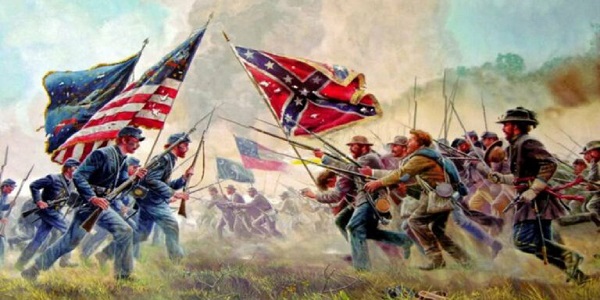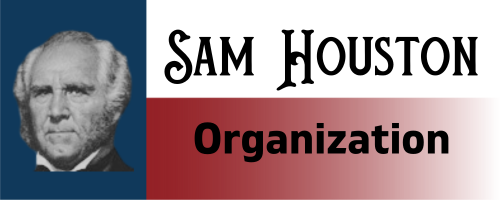Houston and the American Civil War
Sam Houston was a prominent figure in the Texas revolution, later serving as the President of the Republic of Texas and as a US Senator from Texas once it was annexed into the United States. However, it’s important to note that by the time the American Civil War began in 1861, Houston had already been removed from office as the Governor of Texas due to his opposition to Texas’s secession from the Union.
In the decade prior to the Civil War, the tension between the North and the South had become increasingly charged. Houston was a Unionist, firmly believing in the importance of keeping the United States united, despite his personal ownership of slaves and a political career tied to the pro-slavery Democratic Party.
Houston was outspoken about his belief in a constitutional compromise as the solution to these national tensions. He firmly advocated for a stronger federal government to mediate the conflicts between states, and he believed that secession would lead to catastrophic civil war and hardship for the Southern states.
When Texas voted for secession in February 1861, Houston refused to sign the Ordinance of Secession. As a result of his refusal, he was ousted from his position as governor in March 1861. He was offered a Union army post by President Lincoln to help maintain Union control in Texas, but Houston declined, perhaps not wanting to engage in a conflict against his fellow Texans.

During the war, he retired from public life and returned to his home in Huntsville, Texas, where he remained until his death in 1863. Houston’s prediction of the disastrous consequences of the Civil War would prove prophetic, as the South was devastated by the conflict and faced a long, challenging period of reconstruction afterward. Although he was a slave owner himself, his foresight about the disastrous consequences of secession put him at odds with the majority of his fellow Southern politicians.
It’s important to understand that Houston’s views on slavery and race were complex and often contradictory. While he owned slaves and was not an abolitionist, he opposed the expansion of slavery into the new territories. Similarly, he was an advocate for Native American rights, yet he also participated in actions that removed Native Americans from their lands.
In conclusion, Sam Houston’s involvement in the events leading to the Civil War was significant, as he was one of the few Southern politicians to strongly oppose secession. His views on slavery and secession were complex and multifaceted, reflecting the many contradictions of his time.
